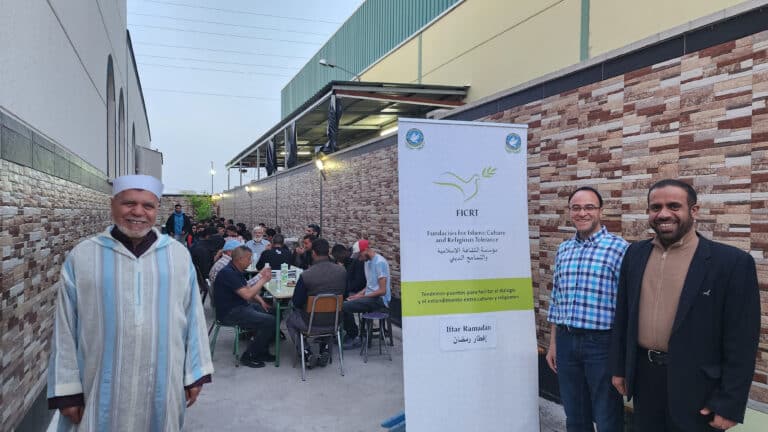Small towns are sometimes difficult places.
They may be full of love, but they are sheltered by the fear of being hurt, of being abandoned again, of being left alone, which is why they are sometimes inhospitable. That’s why sometimes it’s hard to live in them and you are greeted with cold and wet, long faces and furtive glances that ask: “And this one, whose is he, why is he here, what does he want from this place? By the custom of bad arts, of abandoned homes, of defeated roofs.
So when a family bought the pharmacist’s old house, which had been empty since he died four years earlier, the whole town asked these questions. Although in reality, the people of that small town were longing for other people to love, other people who would be part of their community, love it and fight for it. That’s what they wanted, but they were also afraid, and sometimes fear paralyzes us.
Luckily the children don’t know what that is. If there are two children alone, they simply play with each other. So the eldest son of the new family went out at once to look for new friends, wishing to find someone who had a ball, because he had had to leave his in the move, and who would show him the best places to hide in that cold, stone corner. But he found none. He found some soccer fields with very high grass and what looked like the school had broken windows. He peeked out and recognized the desks under a sheet. Although it was summer, it seemed to him that everything was too empty, too dusty, too forgotten.
The problem was that, in this town, there were no children left. The school had been closed a few years earlier when the last families moved to the city. So he went to the one place where he heard noises of people, it sounded to him like they were having a good time, and although he didn’t understand what the sign on the door said, he decided to go in and see what was going on.
He had finally found a place to play in that town, and spent the whole afternoon there chatting and laughing. To everyone else, he was the novelty so they all wanted to be with him, they asked him questions, although sometimes they forgot his name and called him something else, but he didn’t care. They played board games, because the other children did not play sports, he thought that maybe they were sick and that’s why they were there together, but he didn’t care either. Then, at one point in the afternoon, a very kind woman brought out the snack, they all ate together, laughing and playing and when it was time to go home, no one wanted to leave. In the end they left because the nice woman had to go, to their surprise there were at least half a dozen fathers and mothers like theirs waiting outside. He was surprised that anyone could get lost or that anything could happen to him in that town, but he said nothing. He said goodbye to his new friends and went singing home, but not before turning around to shout “See you tomorrow! ” and reread the sign at the entrance, which he still did not understand because he was six years old and the rest of the children seemed older than three, and he had no idea who the German gentleman whose name was all over the place was, but if he had built that house in the center of town, he was very grateful to him after making so many friends.
The sign on the door said: Day center for the elderly. Alzheimer’s Foundation.
PAULA CARRILLO






